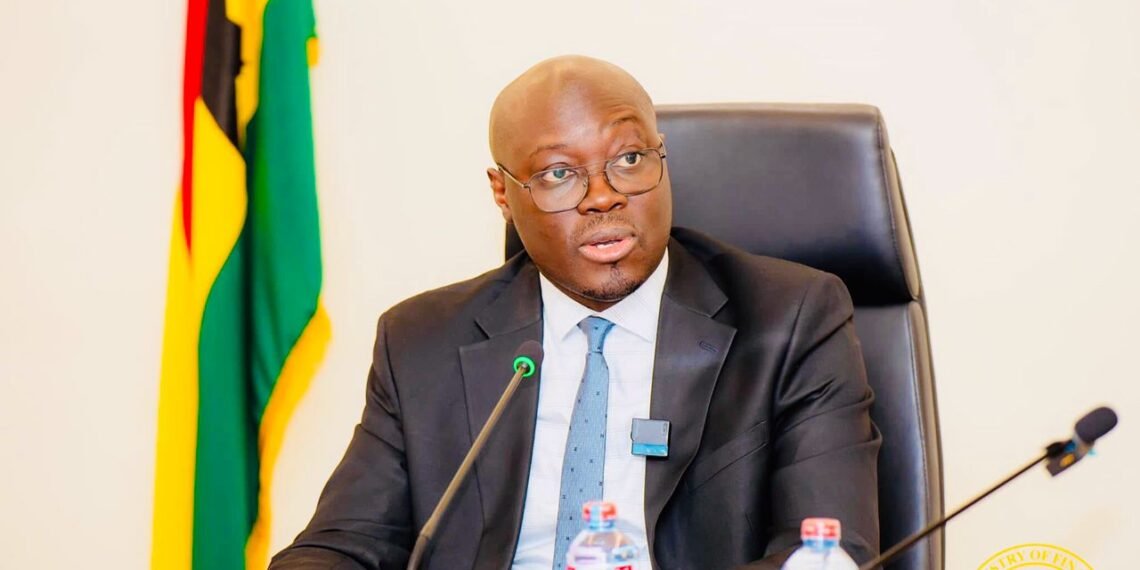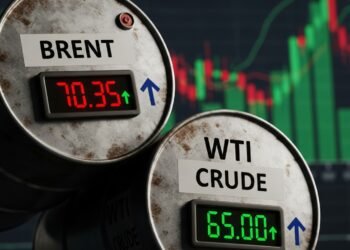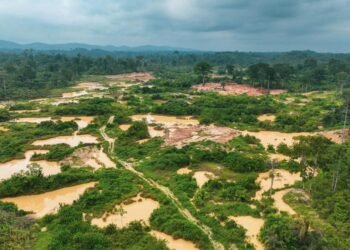As Ghanaians weigh the impact of the newly approved GH¢1 per litre Energy Sector Levy, public discourse has sharply divided between those decrying its financial burden and those supporting it as a critical move to save the country’s power sector.
Among the latter is Dr. Richard Danso, Founder and Chief Executive Officer of the Alliance for Development & Industrialization (ADI), who has thrown his full support behind the policy.
Speaking on the passage of the Energy Sector Levies (Amendment) Bill, 2025, Dr. Danso called the tax “a necessary sacrifice” in light of the dire financial conditions inherited by the current administration.
“Paying a GH¢1 levy per litre is a small price when you consider that consumers have gained nearly GH¢4 in savings per litre due to the cedi’s sharp appreciation. It’s a smart trade-off for a more stable and reliable power supply.”
Dr. Richard Danso, Founder and Chief Executive Officer of ADI
The new levy is expected to raise GH¢5.7 billion in 2025, earmarked for servicing Ghana’s ballooning energy sector debt, which stood at $3.1 billion as of March.
Finance Minister Dr. Cassiel Ato Forson has warned that an additional $1.2 billion will be needed this year alone to maintain fuel supply for thermal generation plants.
Dr. Danso stressed that securing 24-hour electricity is non-negotiable for economic recovery and industrial growth.
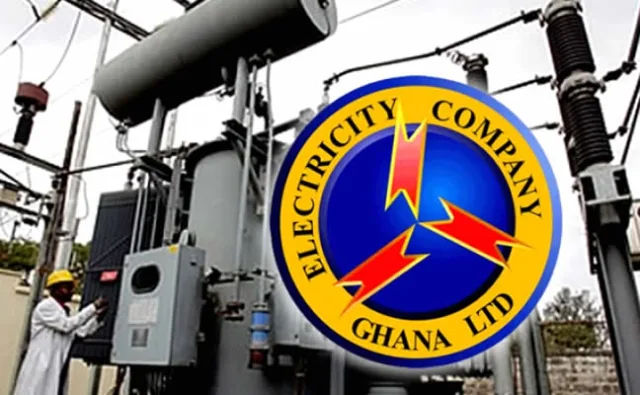
“Without reliable electricity, Ghana cannot grow employment, increase productivity, or compete in global export markets.
“Letting the sector collapse under its debts will reverse our hard-won currency gains and plunge us back into darkness and stagnation.”
Dr. Richard Danso, Founder and Chief Executive Officer of ADI
The ADI leader argued that many of Ghana’s long-term economic objectives—including boosting manufacturing under the One District, One Factory initiative and advancing value-added exports—depend on dependable and affordable electricity.
Public skepticism toward the new levy has been shaped by the lingering memory of the Energy Sector Levies Act (ESLA), introduced in 2015 to pay off legacy energy debts.
A decade later, ESLA remains in effect and the energy debt has grown, sparking concerns that the new levy could follow a similar trajectory.
Acknowledging this concern, Dr. Danso urged Ghanaians to hold the government accountable, but not cynical.
“Let’s give this government the benefit of the doubt.
“The President has promised that this levy will be ring-fenced solely for debt servicing—and this time, the Ministry of Finance has committed to transparency.”
Dr. Richard Danso, Founder and Chief Executive Officer of ADI
Deeper Structural Reforms Still Needed
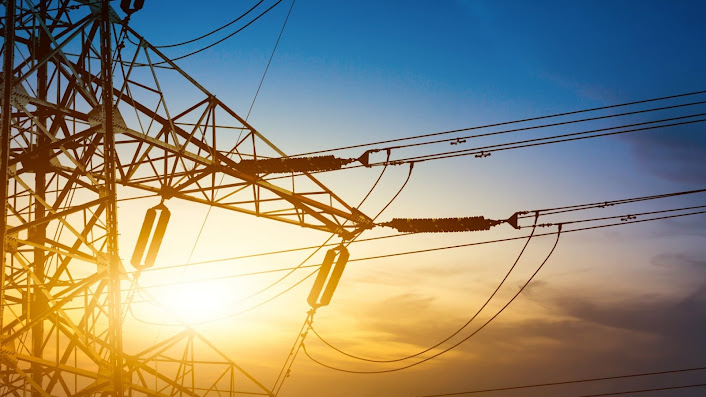
Despite his support for the levy, Dr. Danso agreed with critics who argue that revenue generation alone will not fix the underlying problems plaguing Ghana’s energy sector. “This levy is a short-term fix. Long-term sustainability requires deep structural reform,” he admitted.
Current challenges include energy transmission losses exceeding 40%, inefficient metering and billing practices by the Electricity Company of Ghana (ECG), and procurement irregularities.
Furthermore, the current tariff model does not fully account for the costs of importing diesel for power generation, leading to under-recovery of operating expenses.
To address these issues, the government is reportedly considering reforms including private sector participation in ECG’s billing and metering systems—a proposal that has met resistance from some interest groups.
Additionally, the administration aims to shift thermal power plants from diesel to cheaper and cleaner natural gas, which is expected to reduce both operating costs and carbon emissions.
Dr. Danso framed the current energy debate as a defining moment for Ghana’s economic trajectory.
“We are at a crossroads. We can either confront the hard truths, make bold sacrifices, and invest in long-term energy stability—or we can play politics, delay reforms, and end up worse off than before.”
Dr. Richard Danso, Founder and Chief Executive Officer of ADI
While acknowledging the burden placed on households and businesses, Dr. Danso emphasized that national development often requires collective sacrifice.
READ ALSO: Mahama Fuel Levy, A Betrayal- Ahiagbah

